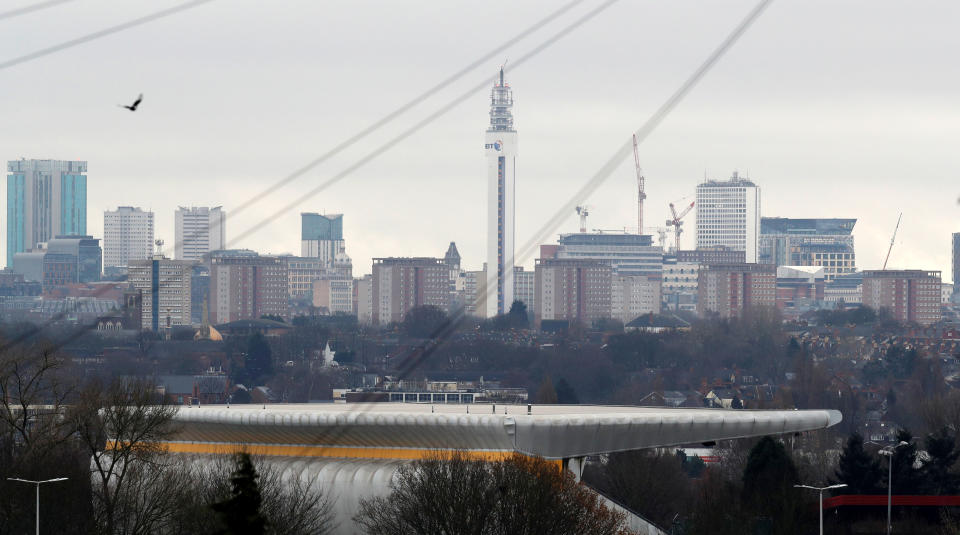UK firms warn on 'triple threat': Local lockdowns, furlough wind-up and Brexit disruption

UK firms are not ready for the “triple threat” of fresh local lockdowns, the wind-down of government support and Brexit disruption, a leading business chief has warned.
Ruby McGregor Smith, president of the British Chambers of Commerce (BCC) has written to prime minister Boris Johnson warning of a “difficult winter ahead” even without a resurgence of the coronavirus.
The letter comes as new figures show employers have axed 695,000 staff since March, and Britain’s unemployment rate ticking higher to 4.1% between May and July.
McGregor Smith warned firms face the most difficult trading conditions in post-war history, and called for fresh stimulus and a better test-and-trace system to boost business and consumer confidence.
The BCC echoed calls on Monday by the Institute of Employment Studies (IES) to slash the cost of keeping staff for employers by raising the thresholds for their national insurance contributions.
“If the government wishes to avoid mass unemployment, significant levels of business failure, and long-term economic scarring in our communities, we urge you and your colleagues to act now,” wrote McGregor Smith in the letter, shared with Yahoo Finance UK.
“Businesses are not ready to face the triple threat of further lockdowns, an end to government support schemes and the end of the Brexit transition period.”
The business lobby group highlighted the economic damage of growing numbers of local lockdowns, including in Leicester, Aberdeen, Greater Manchester and Lancashire. A survey found half of its member firms described them as a key barrier, and the BCC wants further support for firms in affected areas.
Pressure is mounting on the government to partially the furlough scheme, which will end by November, for sectors and regions hit hard by lockdown and social distancing rules.
READ MORE: UK faces 450,000 job losses and soaring foodbank use by Christmas
It comes after a string of warnings on Monday:
Around 450,000 workers are set to lose their jobs this autumn, with redundancies double the level seen at the peak of the global financial crisis, analysis of official data by the Institute of Employment Studies suggests.
Unemployment is likely to hit 9.8% in the final three months of the year, while foodbank demand is set to more than double, according the National Institute of Economic and Social Research (NIESR).
Trades Union Congress general secretary Frances O’Grady told the union association’s annual conference Britain faced a “tsunami” of job losses without new measures to support workers and employers.
Labour shadow workforce minister Justin Madders called ending the furlough scheme a “catastrophic error.”
READ MORE: Millions of UK households face £1,000 cliff edge next year
But a Treasury spokesperson said: “We are taking strong and decisive action to support the UK economy and continue to support livelihoods through our Plan for Jobs
“Most of the economic support that we have provided, worth more than £160bn, continues beyond the end of the furlough scheme including up to £9bn to help companies bring back furloughed workers.
“And only last week, we announced new grants of up to £1,500 every three weeks for businesses affected by local lockdowns, giving them a safety net to return once restrictions are lifted.”
Economic analysts also increasingly expect the Bank of England to announce yet more stimulus, though in November rather than as policymakers meet this week. ING analysts wrote in a note on Monday that unemployment was likely to grow more and the economy grow more slowly than previously anticipated by the central bank.
More quantitative easing is “likely to be at the centre of the stimulus package we expect in the autumn,” they write. Even negative interest rates are a “clear possibility over coming months,” particularly if the outlook deteriorates further

 Yahoo Sport
Yahoo Sport 





































